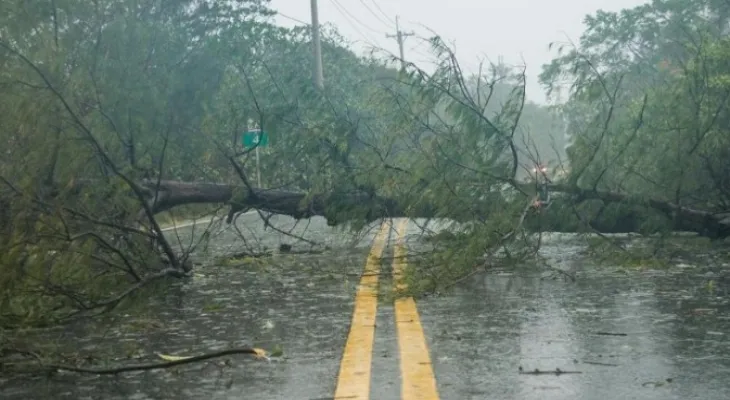Search here
Newspaper
Search here

Arab Canada News
News

Published: September 15, 2022
It may not seem like it to Canadians who enjoyed extended summer weather throughout September, but fall is coming – sort of, as experts at Weather Network, AccuWeather, and Environment Canada agree that people across most of the country can expect more of the same conditions until October: above-average temperatures and below-average rainfall.
According to the Weather Network’s annual fall forecast, unusually warm and dry conditions will continue across most of the country, with typical late fall weather and the first unexpected snow dustings in most areas not expected until November. By then, most areas can expect typical or slightly above-average temperatures.
British Columbia, New Brunswick, Nova Scotia, and Newfoundland and Labrador – in those provinces, warm waters off the Pacific and Atlantic coasts may lead to above-average rainfall during the second half of October through November.
The bulletin stated: "Additionally, we will continue to closely monitor tropical areas and the increased risk of heavy rain from remnants of tropical systems across southern and eastern parts of Quebec." The unusually dry and warm weather this fall will have positive and negative impacts, depending on the region.
On one hand, according to AccuWeather’s chief meteorologist, Brett Anderson, drought is a boost for farmers in Saskatchewan who will have more time to harvest and dry conditions to complete it. Anderson told CTVNews.ca in a phone interview on Wednesday: "With the drier conditions they have experienced, the crops are doing very well as they can get out into the field and harvest." On the other hand, the Weather Network reports that for British Columbia and Alberta, "a warm and dry start to the season means the increased risk of wildfires will continue later into the fall than usual."
Additionally, Anderson said that while parts of the Northwest Territories and Yukon will see "a cold start to fall," much of Canada’s far north will experience a milder-than-usual winter, thanks to climate change.
Anderson added: "As we enter winter, with climate change, the far north will warm much faster than lower latitudes, so unless we see something incredible, next winter in the far north is likely to be warmer than usual."
Comments